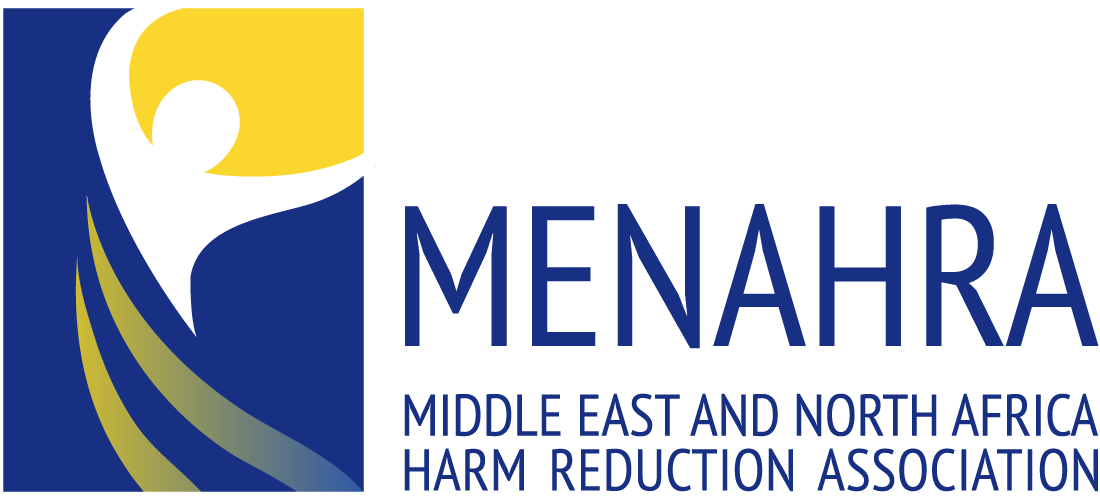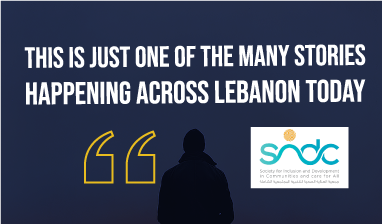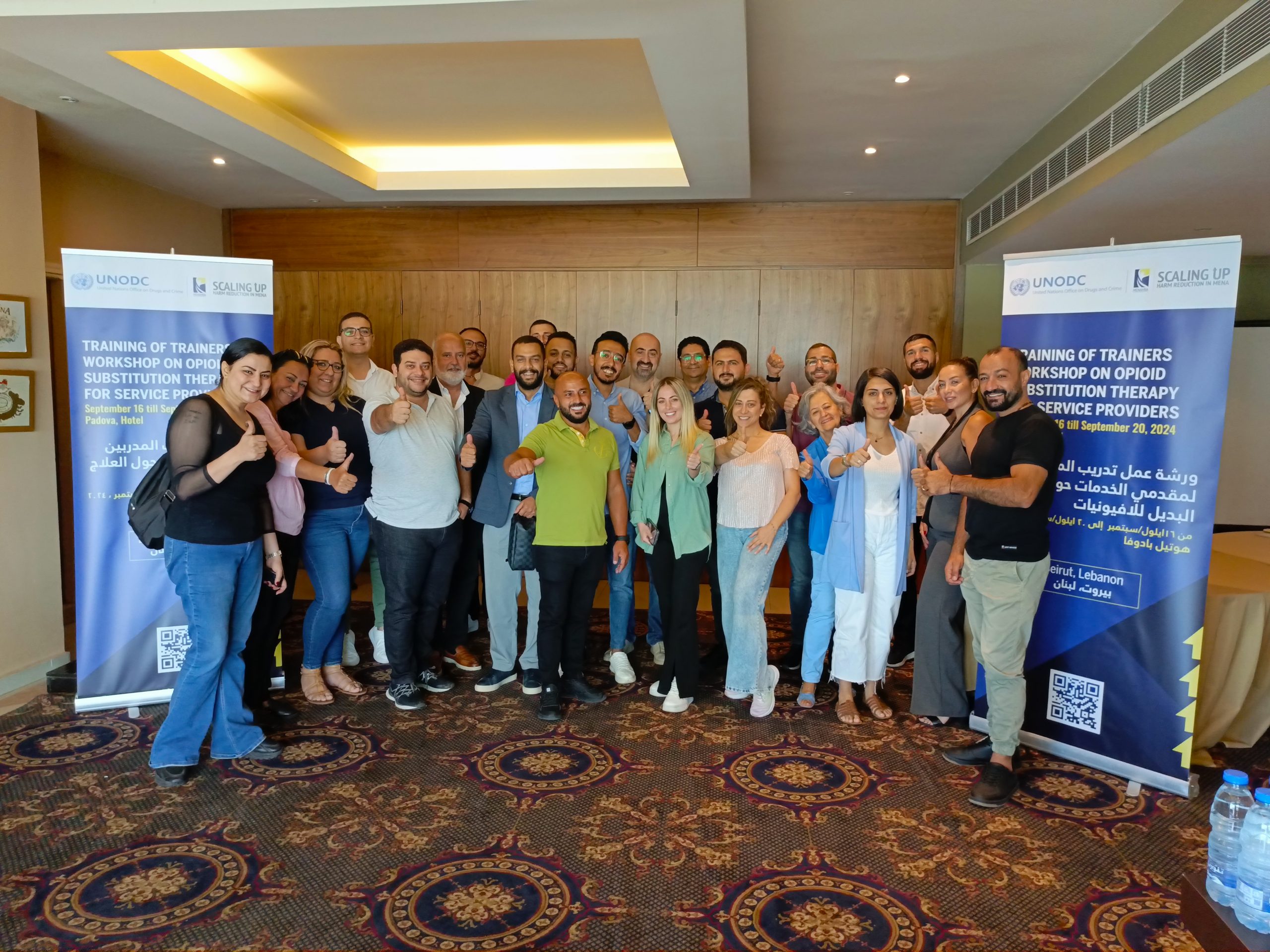Urgent action is needed to support sustaining and scaling up services for people who use drugs in the MENA region. The 66th Session of the Commission on Narcotic Drugs (CND) held in Vienna in March was a success in bringing together experts, practitioners, activists, and beneficiaries to discuss effective strategies for addressing drug problems and achieving universal health coverage from a humanitarian approach.
One of the highlights of the event was the side event organized by the Rome Consensus, called “Rome Consensus 2.0: Achieving Universal Health Coverage and Addressing Drug Problems.” The event aimed to explore human and evidence-based solutions to reduce the suffering and stigmatization of people with drug disorders.
The event covered key topics such as removing legal barriers to accessing care, including harm reduction services in universal health coverage, and funding for community-based organizations that are run by and for people who use drugs, as well as marginalized communities such as women, refugees, and migrants who are affected by drug use.
Elie Aaraj, the Executive Director of MENAHRA, discussed the challenges faced by the MENA region, including low HIV prevalence coverage, repressive laws preventing people who use drugs from seeking services, and a lack of specific healthcare services.
However, Aaraj pointed out that community-led organizations like MENANPUD and MENA Rosa are becoming stronger and more vocal, and there are national and regional thematic networks working on HIV.
In conclusion, the CND 66 event was a success in bringing together experts to explore human and evidence-based solutions to reduce the suffering and stigmatization of people with drug disorders. While challenges in the MENA region still need to be addressed, urgent action is needed to support sustaining and scaling up services for people who use drugs in the region.






